With the revised Korean Specific Financial Information Act (SFIA) that regulates virtual asset providers in effect on the March 25th, exchanges that have not yet issued real-name confirmation deposit and withdrawal accounts from banks have started to prevent customer churn.
0 Comments
The so-called 'Kimchi Premium (KIMP)' phenomenon in which the price of domestic virtual assets is higher than that of overseas is rising again. Until the beginning of this year, the 'Reverse Premium' of which foreign transaction prices were higher than the domestic price continued, but the recent enthusiasm for investing in domestic virtual assets is heating up and there are signs that Kimchi Premium is intensifying.
Korean Special Information Act Law Enforcement, Points to Note for Virtual Asset Investors3/17/2021 As the amendment bill of the Specific Financial Information Act (Special Act) that regulates virtual asset business operators is being implemented from the March 25th, attention is also focused on whether there are any points that general investors should pay attention to.
As interest in the virtual asset market, such as the surge in bitcoin this year, increased rapidly, the amount of daily virtual asset transactions in Korea exceeded 8 trillion won. This is an increase of more than eight times from the average daily transaction amount of 9,759 billion won last year.
Last week, in foreign media dealing with the news of virtual assets, the expression “worst week” came out a lot. This is because bitcoin's decline was large, and the price of bitcoin (BTC) based on the coin market cap has fallen by more than 18% over the past week.
|
AuthorDongWon KWAK. Korea Venture Capital and Startup Expert. Archives
January 2023
Categories
All
|
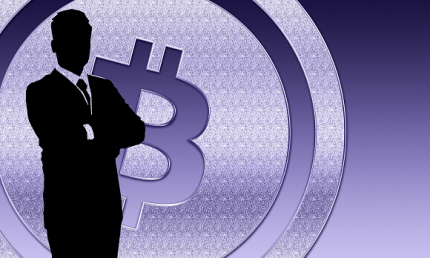
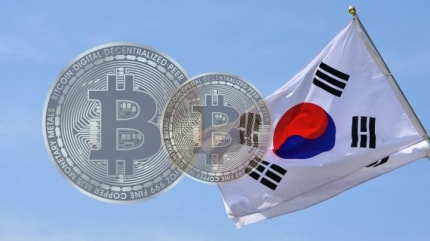
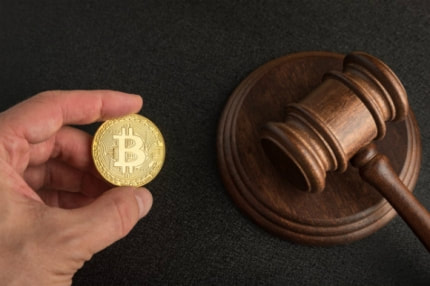
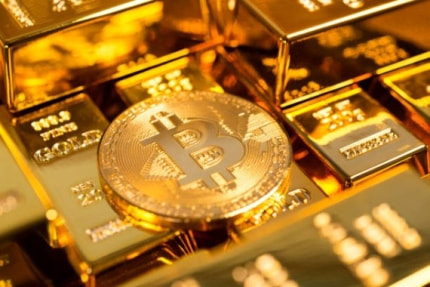
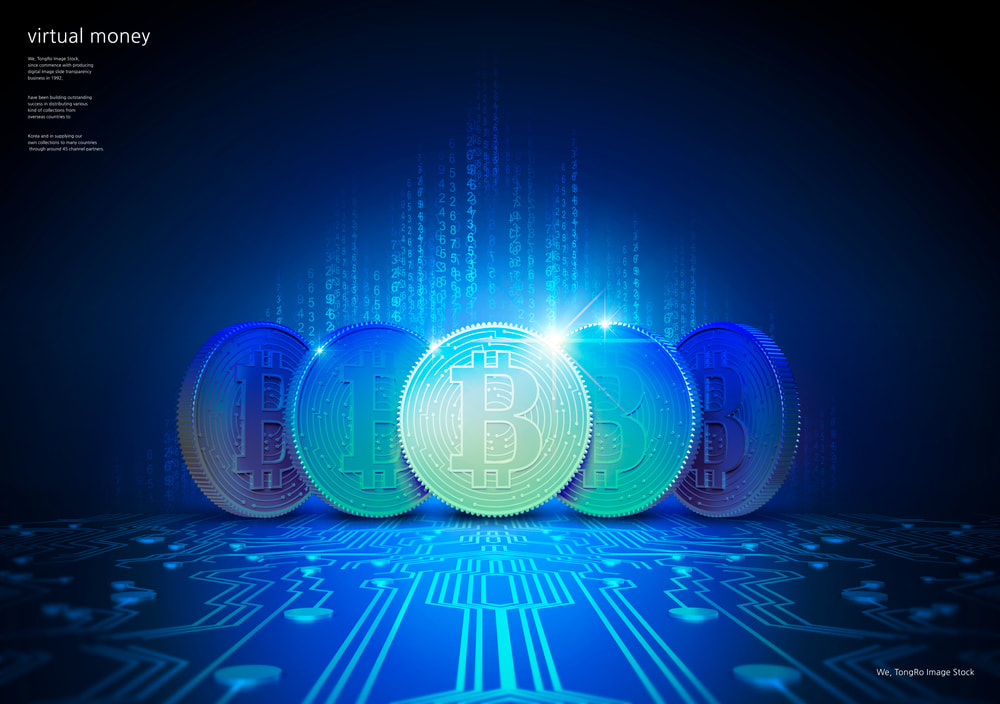
 RSS Feed
RSS Feed

